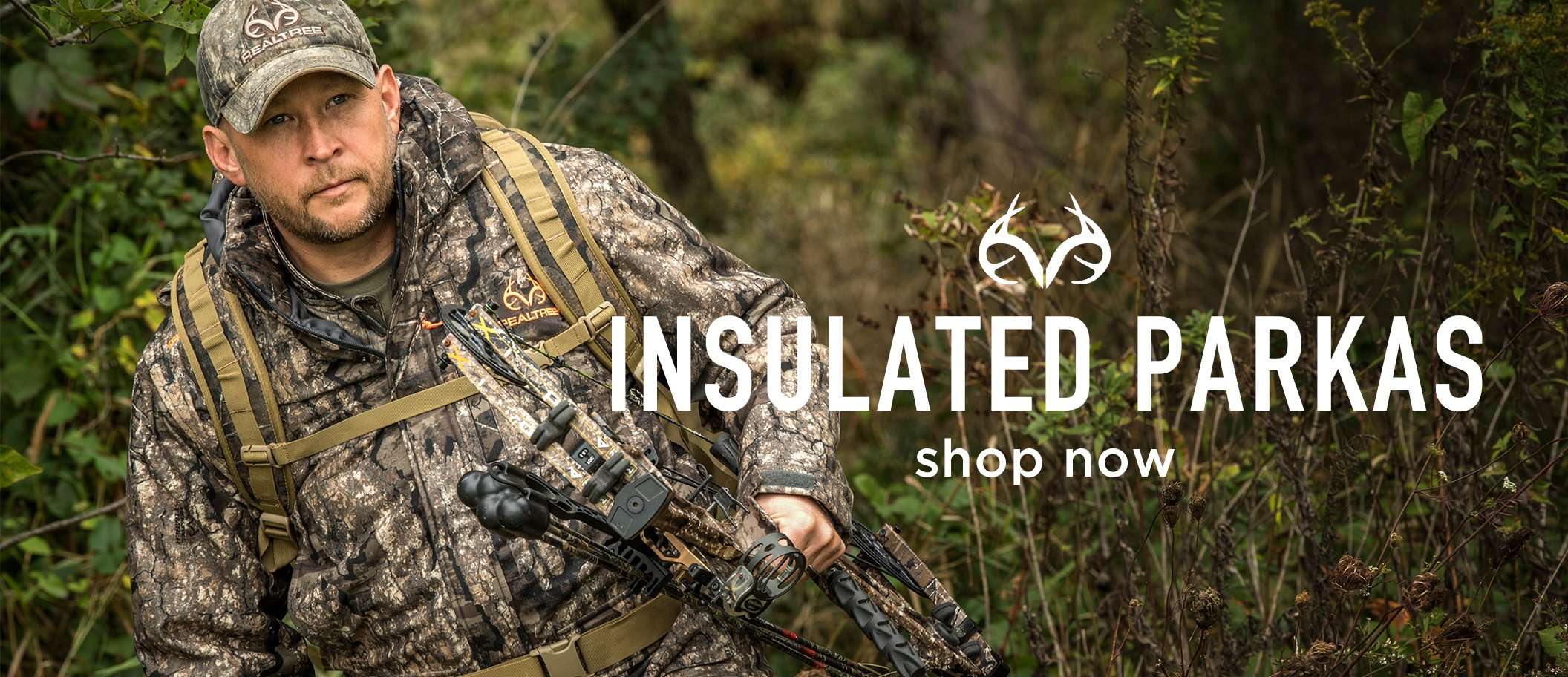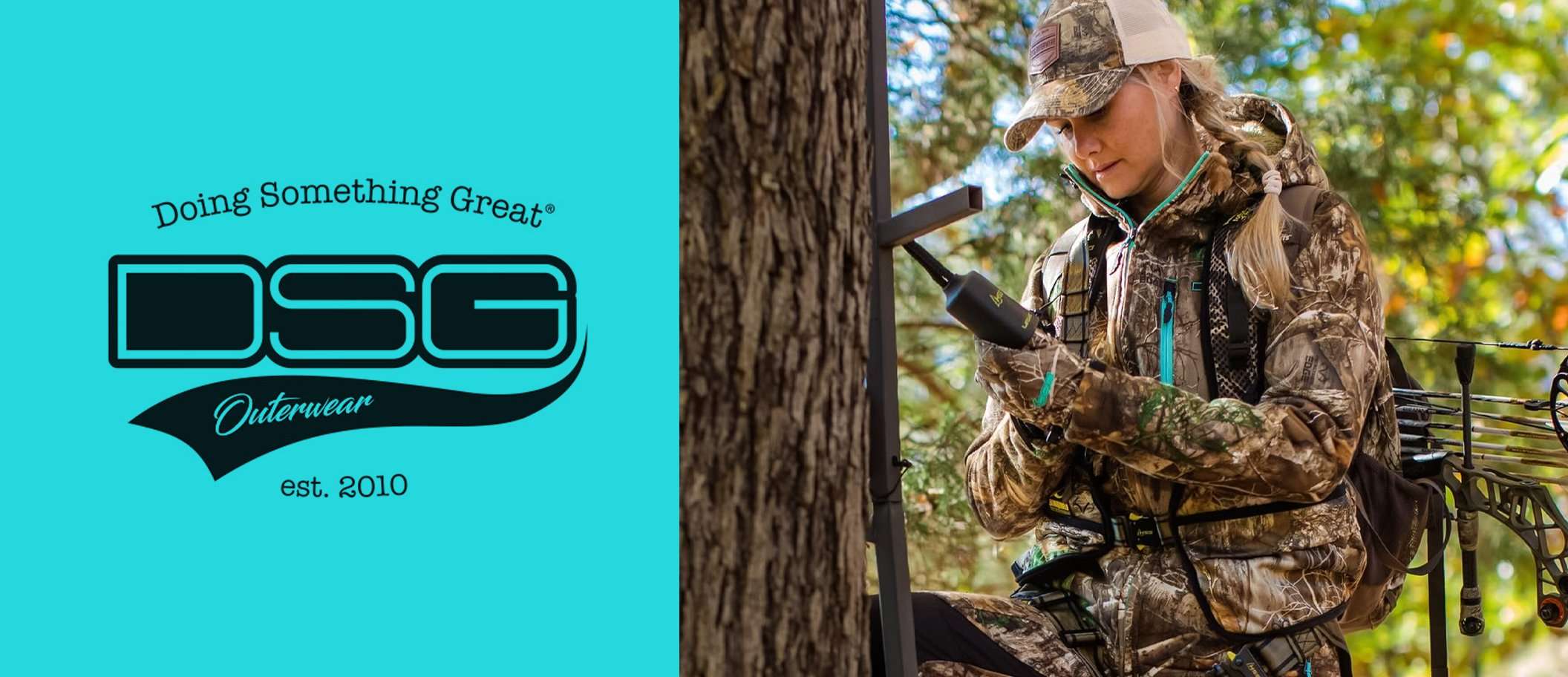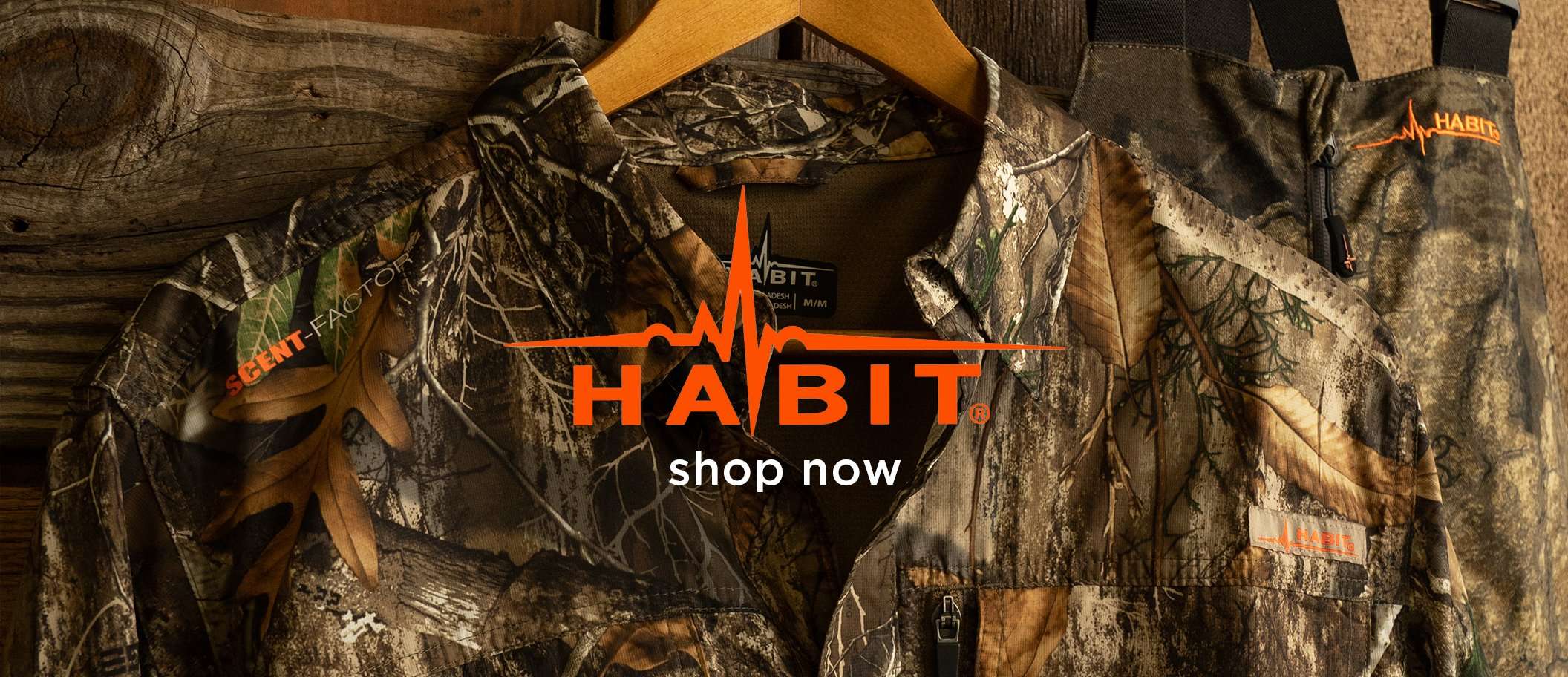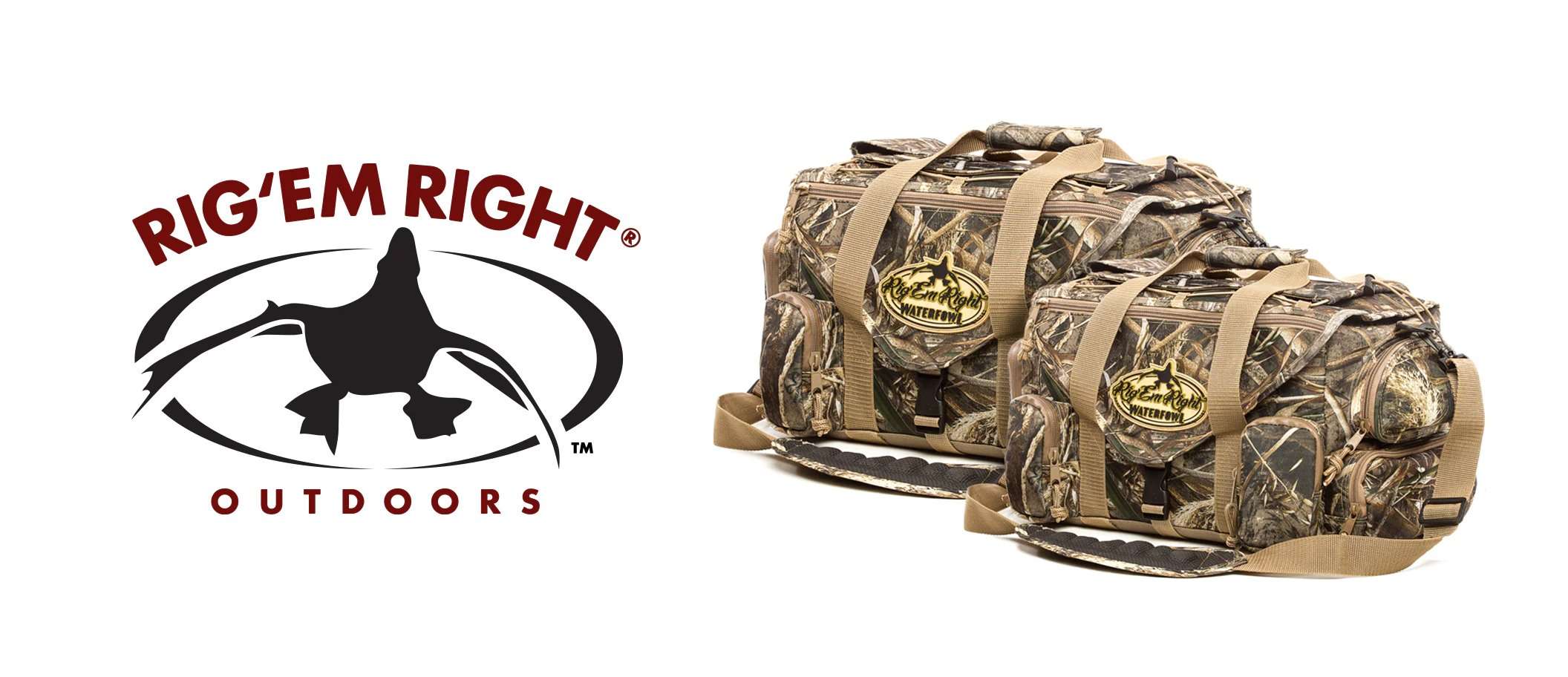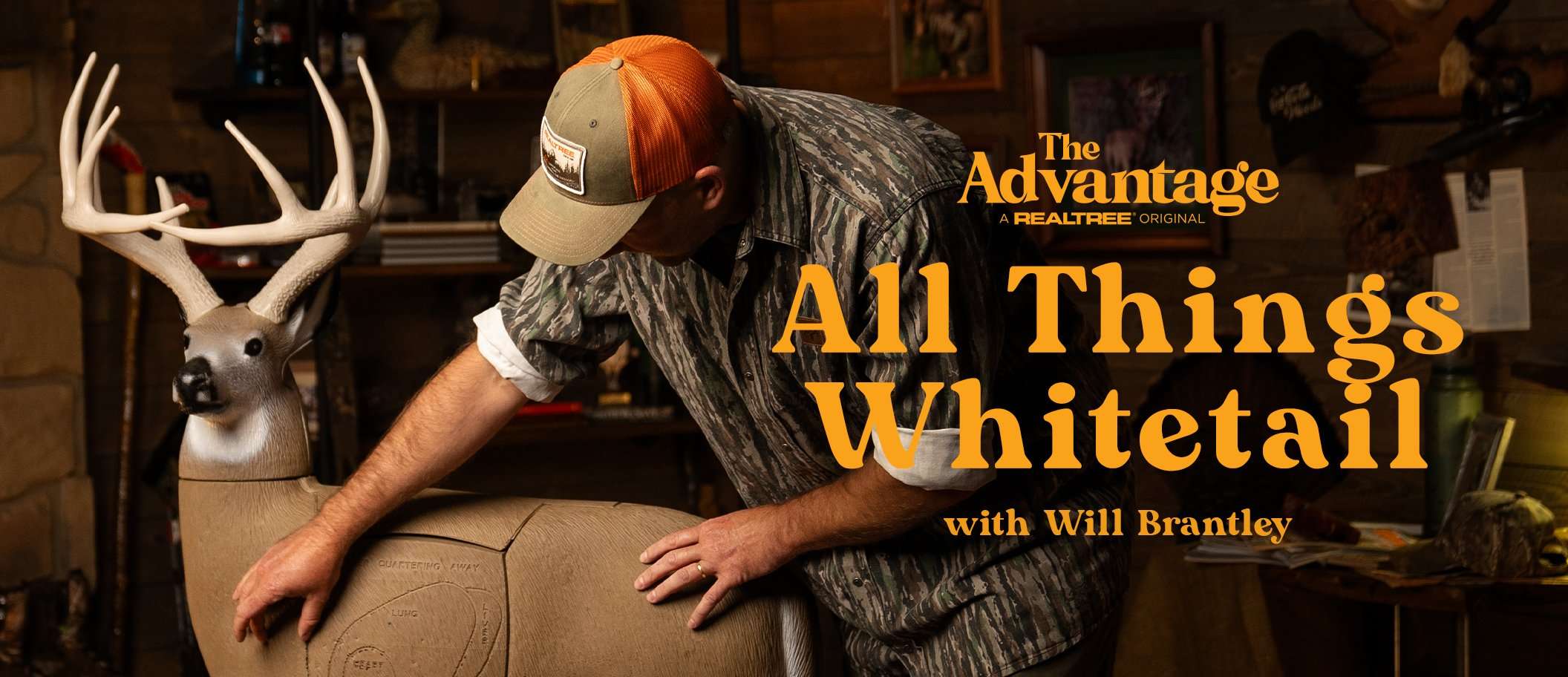62,600
Duck Statewide Harvest
81,200
Goose Statewide Harvest
13,800
No. Waterfowl Licenses Sold Annually
7.7
Ducks Per Hunter
7.9
Geese Per Hunter
$31.41, season; one-day small game, $14.46; small game additional day, $7.05
Cost of Resident Waterfowl Hunting License
$10.59
Cost of Resident State Stamps and Permits
$25
Federal Duck Stamp
$86.50 (small-game one-day $17.64; $7.05 per additional day
Cost of Non-Resident Waterfowl Hunting License
$10.59
Cost of Non-Resident State Stamps and Permits
$25
Federal Duck Stamp
So maybe Colorado doesn't come to mind as a top waterfowling destination. But it's a seriously good place to hunt ducks in the classic Western style. More on that later, because we need to start somewhere else: geese.
Here's the rare state where hunters shoot almost as many or more honkers and white geese as ducks many years. That's a rarity and a testament to the ever-improving Canada goose habitat along the Front Range. With plenty of water, grass and grain fields, geese are doing fine here — and so are hunters.
That's not to put the duck hunting in a complete back seat. For a state known more for its mountains than marshes, you can find excellent duck hunting. Colorado seems to be a great late-season state, especially along the state's big river corridors in the eastern half (the Platte, Republican and Arkansas and their tributaries) for big greenheads.
The South Platte River drainage — which features many ponds, sloughs and small lakes — has become popular among Colorado's waterfowlers. The area has dozens of good public hunting opportunities and can hold an exceptional number of migrating ducks.
Other locations where limits of ducks can be found, and that have an ample supply of public ground and far less hunting pressure, include the Arkansas River drainage in the southeast and the Inter-Mountain region of South Park and the San Luis Valley.
— Compiled and written by Tom Carpenter
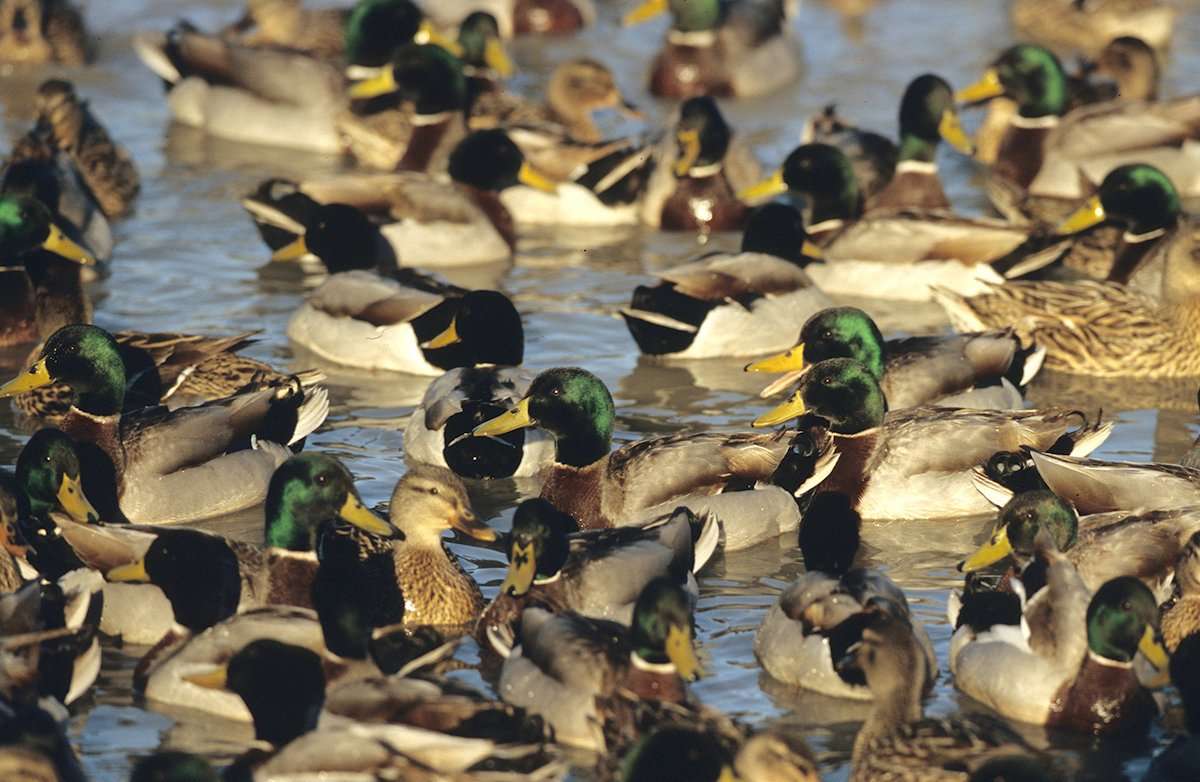
Season Dates and Bag Limits


